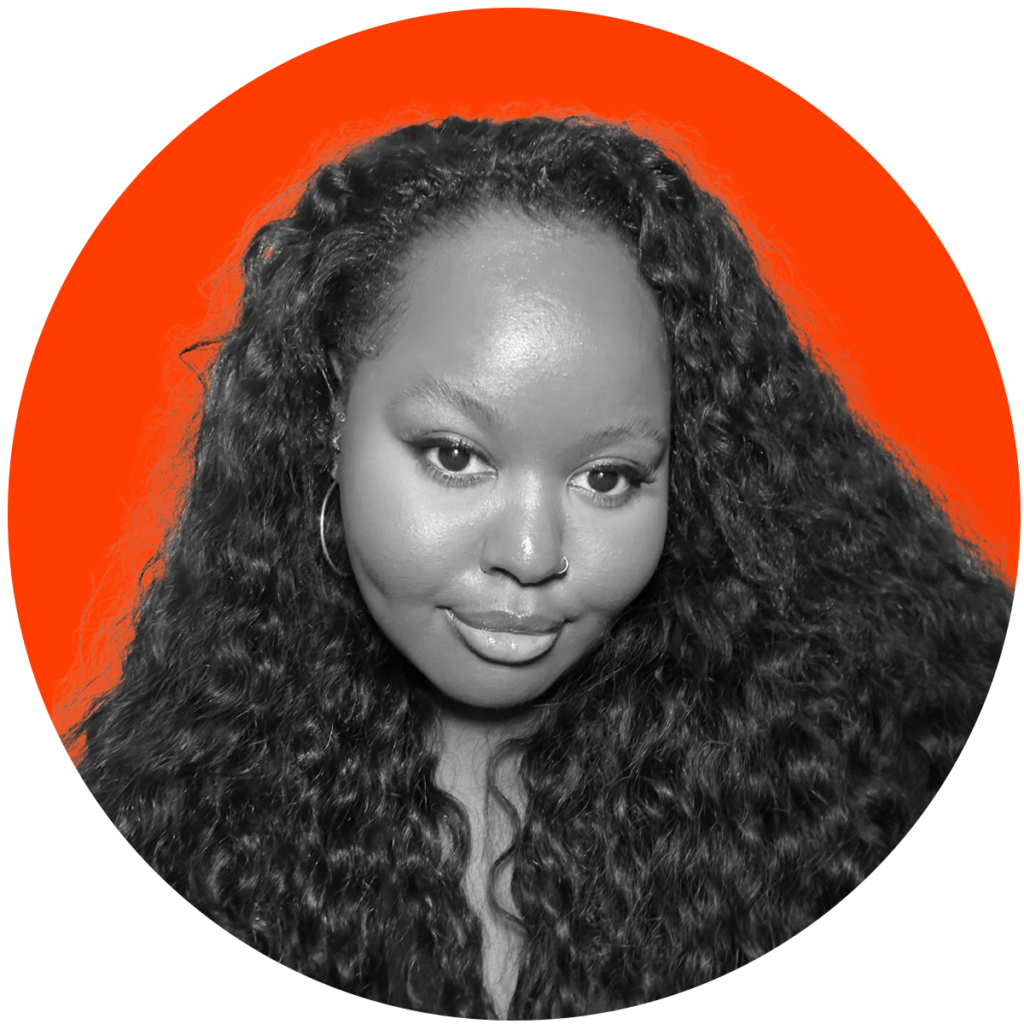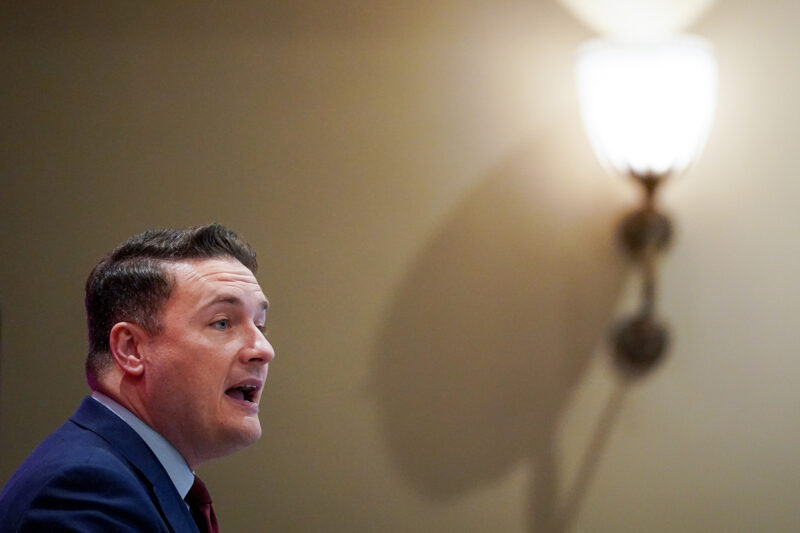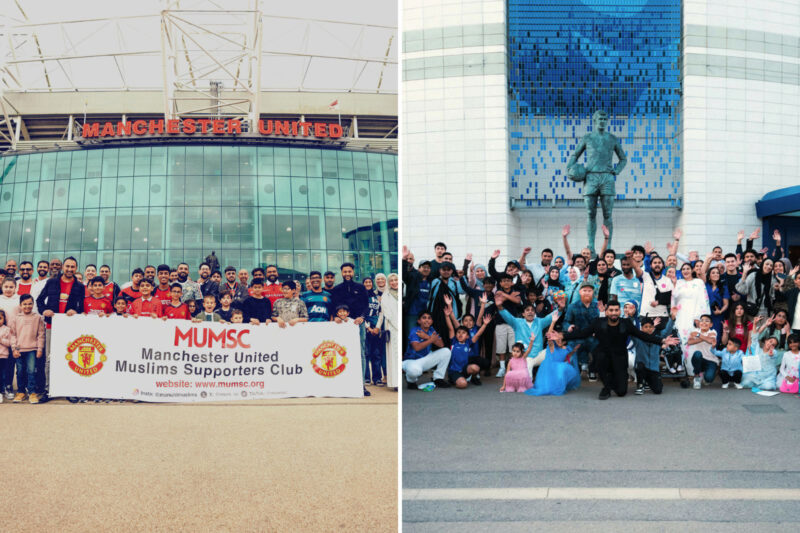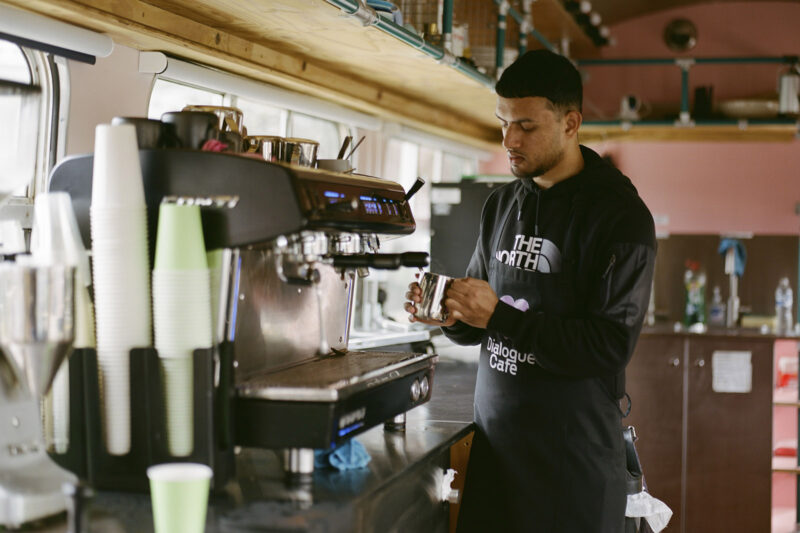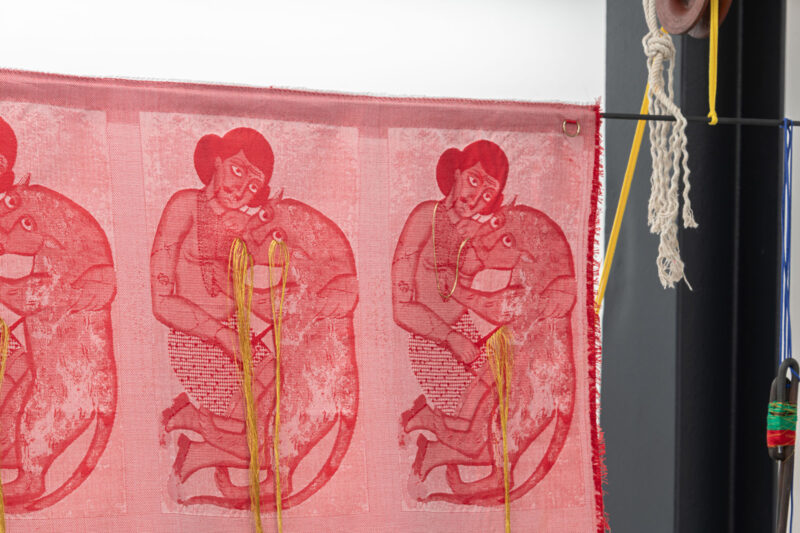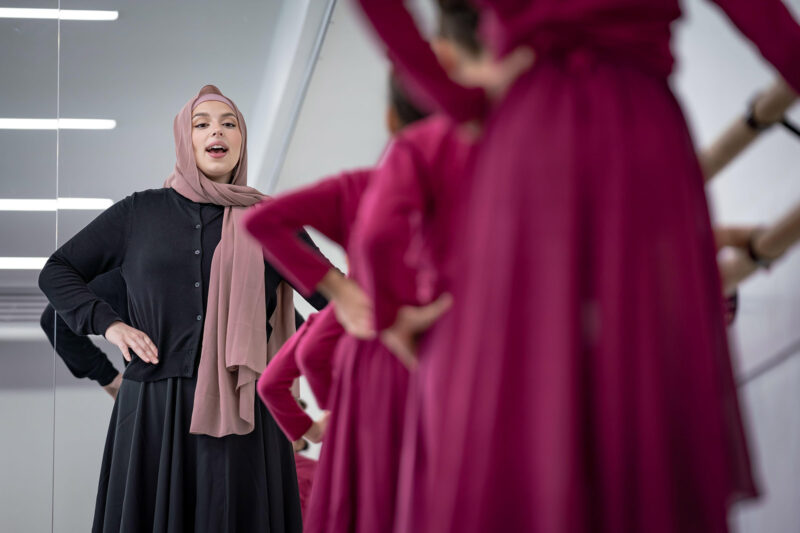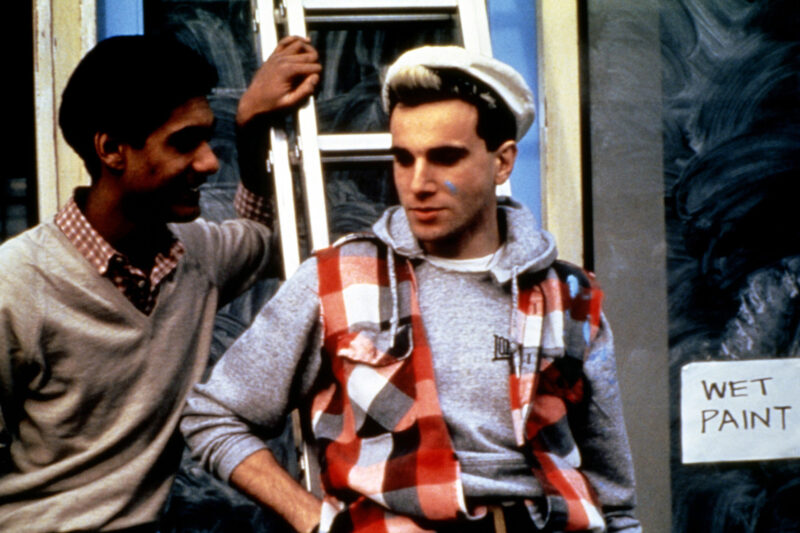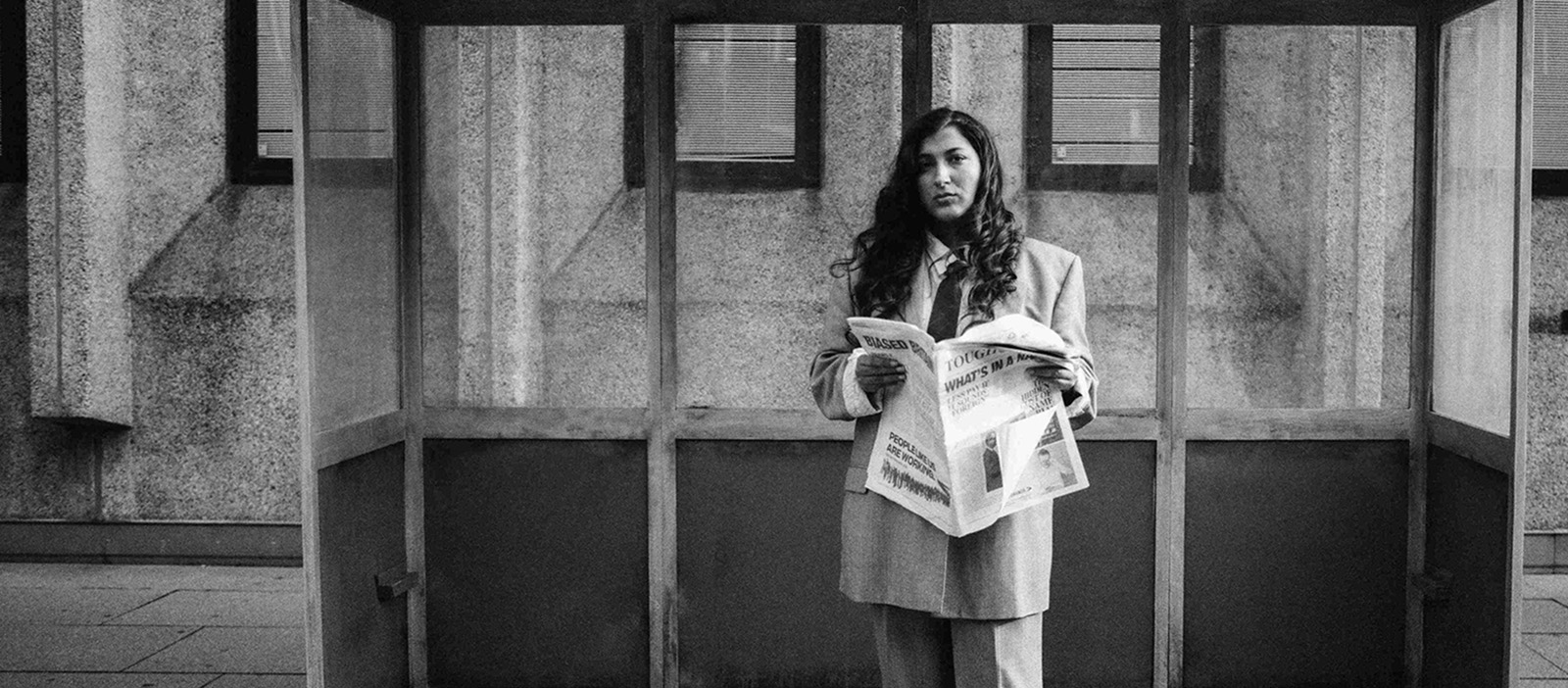
Poet Yasmin Ali: ‘We shouldn’t have to justify who we are’
Yasmin Ali in the video for the #NameTheBias campaign by People Like Us. Photograph by Jasper Spanning/People Like Us
The spoken word artist on using lyricism and poetry to challenge stereotypes of underrepresented communities
When poet and spoken word artist Yasmin Ali, 34, performed at her first open mic night near to where she grew up in south London six years ago, it became clear to her that she could use this artform for activism. A British Bangladeshi lyricist, much of her writing challenges stereotypes of underrepresented communities. Ali — known as Y.A — has since led writing workshops for young people and mentored for various initiatives including the Alchemy project, founded in 2017 at Goldsmiths, University of London to offer free access to music rehearsal and recording space to teenagers in Lewisham.
Ali was recently approached by not-for-profit campaign group People Like Us to help highlight new research on ethnicity inequalities in the workplace. Ethnic minority communities are almost twice as likely to be denied a pay rise or promotion, and a third of ethnic minority employees are working more than eight hours above their weekly hours. As part of the #NameTheBias campaign, Ali wrote and performed an original piece highlighting the need for change in the workplace.
This interview has been edited for length and clarity.
How did you get into spoken word poetry?
I’d always had a hand in the arts, whether I realised it or not. As a teenager I used to write songs and had a lot of friends who were artists, but I would never be actively involved.
Prior to finding poetry, I worked in private equity investment banking but I’d had a few experiences where I observed a lot of racism, so I left, feeling that I would better suit something else. I unfortunately then fell ill with a neurological issue, and part of my way of coping with that — perhaps out of frustration or despair — was to pick up a pen and write my first line.
I was staring at what I didn’t understand to be spoken word or poetry at the time, but had a desire to take it to a different space and share it. I found an open mic in Streatham, which turned into my first ever spoken word performance. My heart was racing and my hands were shaking. It had to be the most courageous thing I think I’d ever done. It was the first time I acknowledged that I had something to say. And since then I’ve tried to challenge society’s misconceptions and normalise self-expression through authenticity.
Did growing up in south London inspire your poetry?
Yes, it allowed me to really embrace and understand different cultures. My upbringing has become a huge part of my identity and my authenticity now as a poet. At school I’d have a huge musical influence and access to different genres of music. And that, in turn, has always encouraged me to be a little bit lyrical. Sometimes my spoken word poetry feels like rap.
How does your faith impact your work?
It’s everything. Over the years I’ve learned to navigate that there’s so many different arenas and I find there isn’t a particular box for me. I have an option to enter a space where it’s predominantly just Muslim poets. I have an option to go into a space where it’s just lyricists or rappers. There’s also a responsibility of connecting with different communities. But what I do is completely faith-led. Everything I’m doing is in preparation and to be of service.
Can you tell us about your recent poem, What’s in a name?, which talks about name bias experienced by ethnic minority communities in the workspace.
There are so many generalisations of my surname, Ali. I’ve had all kinds of experiences when it comes to racism. As a South Asian female, I’ve seen prejudice and experienced discrimination. I’ve been witness to so many different stereotypes or preconceived ideas about so many different communities. But I shouldn’t have to justify why I am the way I am or who we are. It should just be a case of acceptance and unity.
So the poem is about that feeling you have to justify your heritage or your name, or your culture or belief system. It’s my words, but it’s everybody else’s experiences. That section is a tribute to my own lineage and a tribute to everybody that it resonates with.
How did you get involved in People Like Us’s Name the Bias campaign?
I feel very strongly about the need to advocate for the people who are at the brunt of these disparities, the people who experience this on a regular basis, who have normalised this level of treatment or think that they have no choice but to accept that this sometimes is a reality.
The thing that I really appreciate about this campaign is that there’s such an honesty about the collective pain when you feel like you’re not allowed to experience the same opportunities as other people, when you feel like there’s a barrier or ceiling. Or where you’re constantly fighting for the opportunity to be in spaces that you should be able to access anyway.
 Newsletter
Newsletter

